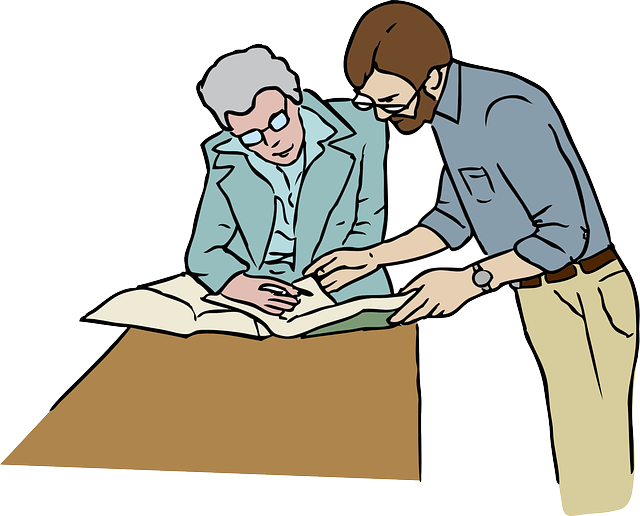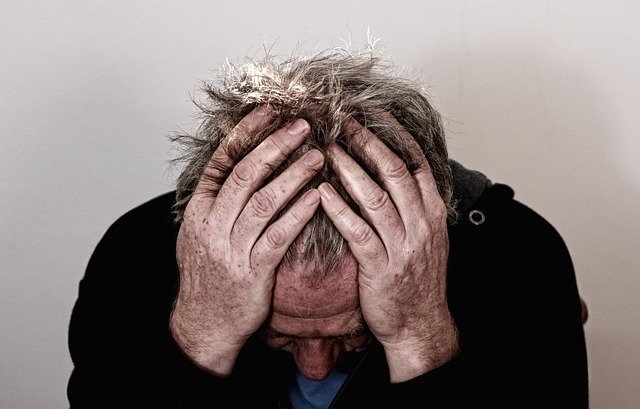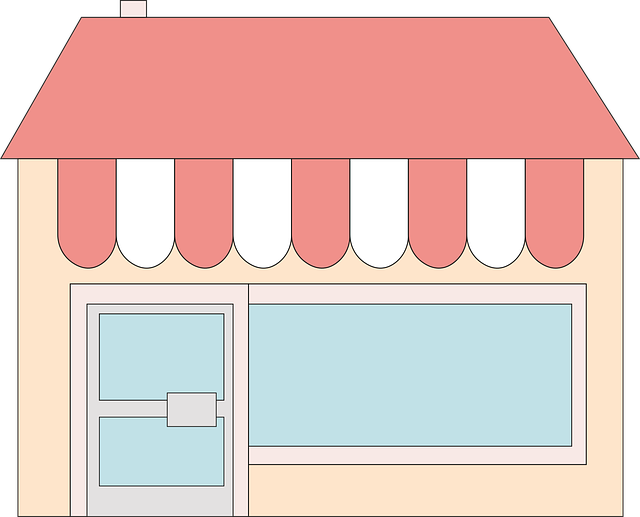Loneliness in Late-life. When we enter the later stages of life, many of us will find ourselves living alone. After all, we may have no family, perhaps our lifelong partner has passed, and we are feeling unloved and alone. Many of us have a fear of ageing. Consequently, loneliness will affect us in several ways. As a result, living in areas with high crime, with no transport, feeling frail, and perhaps with mobility issues. So then we are in a situation of social isolation. Generally speaking, humans do not like to be socially isolated.
Research on Loneliness.

There has been some researching on the effects of loneliness. As a result, researchers have found that social isolation is linked with loneliness. And creates a higher risk of some physical and mental conditions. Consequently, these can include Cognitive decline, Alzheimer’s Disease, Depression, High Blood Pressure, Heart Disease, and Anxiety. Also, a Weak Immune System, all of which could and often does contribute to an earlier Death.
Loneliness and Isolation the Problems
One of the most notable problems with isolation and loneliness is that it causes people to ignore their health and well-being. And both physical and psychological well-being are suffering. When people are isolated and lonely, they often think no one cares what happens to them. To clarify, this causes them to get depressed. And they turn to unhealthy activities like drinking heavily. Also, smoking too much and not eating healthy foods. Failing to keep themselves or their house washed and clean. At the same time, this puts them at risk from disease, with the added risk of trip hazards from an untidy or unkempt house.
How To Fight Loneliness and Isolation.
Most importantly, keep active and protect your health. Besides, keeping yourself active, concentrating on your health can help you to meet other people. So then, shopping can help you to meet other people who are looking for healthy foods or supplements. Also, walking in the local park, you may meet others who share the same fitness goals as you. At the same time, always smile and say hello or good morning it can help strike up a conversation as most people will answer.
Voluntary Work
Volunteering to help at the local charity shop or other charity events can keep you positive. As a result, it will give you a sense of purpose and reason to get out of the house. Also, you will be meeting people, and you may make new friends. Another activity that will get you out of the house is swimming. Many local swimming pools have time set aside for pensioners and may even have a discount price. So then, you have to go to the pool, and there are always people you could meet there.
What type of loneliness is yours
Social loneliness The most common type. You could be feeling socially lonely right now when you are stuck in your home and can’t see your friends or family. You can also experience it when you lack social connections or activities.
Emotional loneliness This type of loneliness arises from a feeling that you lack relationships or attachments. You might experience emotional loneliness when everyone but you has a romantic partner in your group. Emotional loneliness can be felt when you need someone to talk to about something going on in your life, but feel no one is available to contact.
Situational loneliness This type of loneliness occurs as a result of a person’s environment or their particular circumstances changing or their needs not being adequately met. Forced isolation caused by hospitalization or becoming housebound due to illness or disability can also lead to situational loneliness. While situational loneliness is not quite as severe as chronic loneliness in terms of risk for mortality, it can still impact a person’s health
Chronic loneliness Occurs when feelings of loneliness and uncomfortable social isolation go on for a long period of time. It’s characterized by the constant and unrelenting feeling of being alone, separated or divided from others. And an inability to connect on a deeper level. If solitude has become part of their nature, it can be tricky to break the cycle.
In Conclusion
If you want to fight the feeling of isolation and loneliness, you will have to be proactive. With this in mind, do not hide at home as you will not meet others there. In other words, get out to spend time away from the house, where you can meet others and make friends. Consider, if you have social services that visit you, they may know others, who are like you in the same area. Whenever they visit you, ask if they know others who are alone like you. So then, perhaps they can arrange a meeting or exchange phone numbers to allow contact. Generally speaking, unless you try, you will stagnate at home, which is unhealthy. I know you do not want that, so it is up to you, with a little effort you could be someone’s best friend.
Important Note *
Remember that everyone is different, and it is ultimately YOUR RESPONSIBILITY to find what your body responds to… Please do your own due diligence before trying anything new including getting Medical Advice to ensure your safety and peace of mind.
Connect with me and leave a comment or two on my social media…


